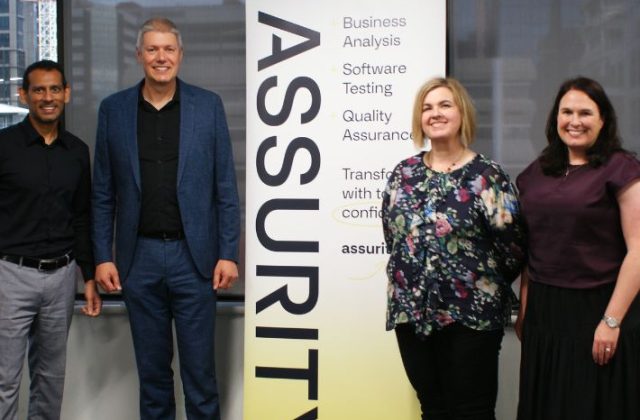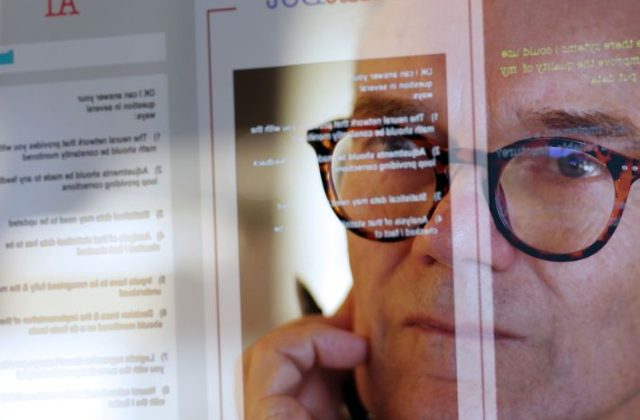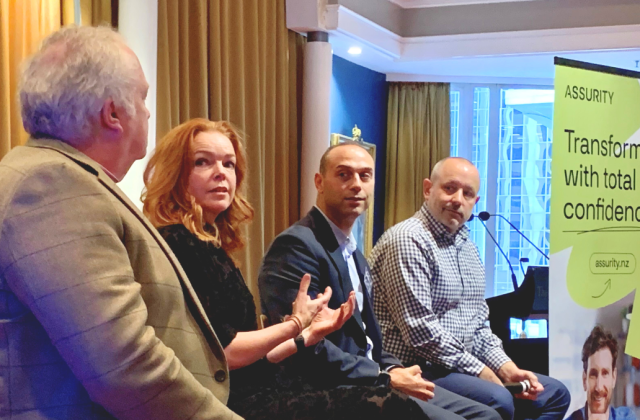Date: 19 December 2019
I’ve always considered myself to be pretty generous in my interpretation on the behaviour of individuals. In my HR career, I’ve worked with numerous people on performance improvement plans, believing that, if we put in the right support and clear objectives, we’ll get a win-win outcome.
I’ve sat in many disciplinary meetings with a deliberately open mind, often with the hope that there something I’m not aware of playing out in the problem and encouraging the manager involved to be compassionate and give people a second chance when it’s appropriate. Sadly, I’ve been disappointed more than a few times.
What I wasn’t aware of was that these disappointments left me jaded and cynical. I took my HR responsibility of protecting the business and our people from bad behaviour and poor performance seriously.
I really believe in dealing with behavioural and performance issues in an upfront and transparent manner, not disguising them with restructures or redundancies. Couple this with being more than twice bitten with people problems and I developed a fixed mindset around ‘there will always be a problem person’ and set about ensuring we could identify them and limit the damage quickly through ‘good’ people practices and policies.
Introducing The Douglas Effect
Since joining Assurity and embarking on a massive learning curve of ‘What is Agile?’, I’ve learnt this is called ‘The Douglas Effect’.
“Douglas is the worst employee that you can imagine. It’s someone that embodies all those bad traits that we sometimes see in people. It’s your thief, your crook, your tattle-tale, your slacker.” Fabiola Eyholzer
My fixed mindset didn’t apply to individuals, but to groups of employees. I fell victim to The Douglas Effect and when I first started exploring what Agile was, I couldn’t help saying ‘but’ over and again for why Agile can’t work.
- But how do you deal with performance issues if there’s no manager?
- But not everyone is motivated to do a good job. What if someone isn’t pulling their weight?
- But how do you manage performance if you haven’t got it in writing what you expect of people?
- But how do you set remuneration if there are no performance reviews by a manager?
Looking back, I’m ashamed of the mindset I had. Although with each individual I would sit back and listen and believe in their potential, at the same time I held the belief ‘there’s always one Douglas’.
Honing in on this, I realised I had a fixed mindset in other areas too. That I would never be good at sport. That I’m not a technical person. That my brain isn’t very creative.
Once you become aware of your fixed mindset towards something, you can change it. Although for me I wouldn’t say it happens quickly, it does happen rather painlessly.
A changing mindset
My Agile colleagues would just challenge me – “What if there aren’t any performance issues?”, “What if everyone is motivated to do a good job and just need the right role and conditions to achieve that?”, “What if everyone was more courageous and transparent and communicated honestly with each other when they saw a problem?”. Slowly, my mindset changed.
The role of HR is not to protect the people and business from problems. The role of HR should be about helping people and businesses realise the potential of every member of their organisation. It should be about seeing a problem as an opportunity to make things better – more successful and more enjoyable. Get this right and everything else falls into place – employee engagement, attraction and retention of talent, absenteeism, performance.
Many people think of Agile as a framework, but at its heart it is a mindset. It is a growth mindset that everyone can be awesome and that everyone wants to be awesome. A growth mindset that we can all learn quickly and adapt, when we are empowered to do so. Then it’s a whole lot of tools/methods that help bring this mindset into your organisation and realise the potential of your people.
And it’s definitely not just for IT. I think having an Agile mindset in HR is going to be critical for business success as the rate of change and disruption in the market increases and the employment market gets ever tighter and competitive.
I’m still no good at sport but I don’t believe that as an enduring fait accompli anymore. Anyone can do anything if they want, if they work at it and if they are given the right environment and support.
Katie is co-facilitator of Assurity Education’s Agile in HR course.













